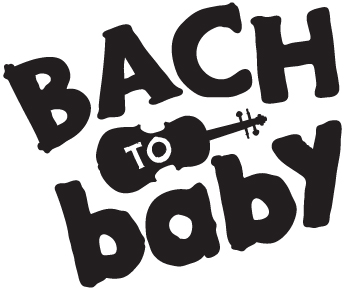Michael Rosen’s thoughts on Children’s rights to access arts.
Taking part in any of the arts means ‘making and doing’. This involves taking materials, ideas, thoughts and feelings from our experience and changing them. You can do this having apprenticed yourself for many years to the best practitioners of that art,
you can do it by studying that art, but there are also ways of taking part in some arts very simply and easily following what is already there, or someone who shows us how. This last way of working means that taking part in the arts is available to all. It mean that anyone in any situation can experience what it means to transform materials, ideas, thoughts and feelings and in so doing transform a part of themselves.
This is one of the ways in which we have discovered how to investigate the world around us and our place in it. A school curriculum always includes subjects which are concerned about the world but it’s not often easy for such subjects to include the child and that child’s place in it. Whether a child is doing pottery, performing a part in a play, taking photos or any art – these will involve the child finding a place for themselves in relation to that material, that view, those lines from a play or poem. Surrounding this activity there will be thought and conversation. These will nearly always involve this ‘positioning’ – “where am I in relation to this stuff?’
We make the plea that children should have time and space to do this as part of their emotional, social and intellectual development. Part of education must be about ‘where am I in this world?’
Doing such things may lead to professional careers, they may enable children to be more confident and willing learners, they may provide potential activities for people for the rest of their lives. All these are valuable outcomes. However, we would do well to remember that children are human beings and are not half-human beings waiting to be grown-ups. As human beings they are entitled to have time and space to reflect on this matter of who they are in the world.
We see a great danger in thinking of education purely and simply in terms of national or international test scores. Such scores can only tell us what kind of teaching most suits that kind of test. It doesn’t tell us about anything that is not tested or cannot be tested. Yet, questions of how can I affect this material (clay, or words, or the body, for example) are crucial to how we proceed in this world. It is not sufficiently useful to simply know the world or to be able to describe it. We have to know why we are changing the world – for the good or the bad? We have to be in a position in which we can come up with ideas for improving people’s lives. We have to know what enables us to face danger, cruelty and terror. We have to know what enables us to have good times too! The arts enable us to do these things and much more.
However, it cannot ever be that we think of the arts as being ranked in some kind of league table – that, say, poetry is ‘better’ than pottery, or some such. Nor can we think of the arts as being best practised by those who are better off, or some such. We say, ‘all arts for all’.


